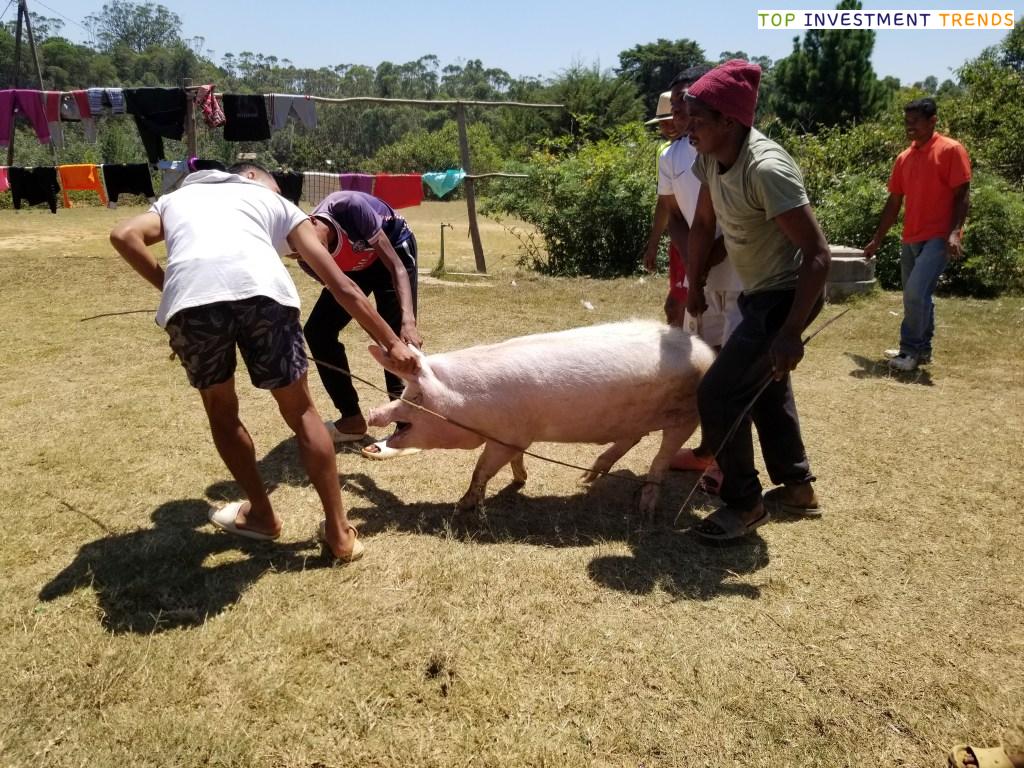Madagascar is a beautiful island nation known for its unique wildlife and vibrant culture, but like many places, it has its own set of traditions and beliefs that govern everyday life. Recently, a story emerged about a Peace Corps volunteer named Jamie Mustful, who faced a surprise when attempting to plant onion seeds in a village in Madagascar. This incident highlights the deep-rooted cultural beliefs, known locally as ‘fadys’, that play a significant role in the lives of the Malagasy people.
The Story of the Onions
When Jamie decided to plant onions, she was met with strong opposition from the villagers. They explained to her that planting onions was against the local taboo, or ‘fady’, which is believed to bring sickness or even death. The villagers hold these beliefs dearly, and many of them have been passed down through generations. Even though it might seem strange to outsiders, these taboos are an essential part of their cultural identity.
The Power of Fadys
Fadys can vary widely; some are quite practical, while others may seem arbitrary. For instance, in some places, people are not allowed to eat chicken hearts or fish with nets. It’s amazing how something as simple as eating certain foods can be tied to such strong beliefs! What’s particularly intriguing is that many of these beliefs originate from the history of the area, possibly linked to past events or even disease outbreaks.
More than Just Rules
Breaking a fady can lead to serious consequences, including penalties like sacrificing a cow or facing social exile. For example, in the town of Mananjary, there’s a fady forbidding the raising of twins, which has resulted in families abandoning or shunning children who are born as twins. This speaks volumes about the weight of these cultural norms in shaping social behaviors and expectations.
Fady and Conservation
Interestingly, some fadys might actually benefit the environment. Restrictions on activities such as cutting down certain trees or fishing in specific areas help protect wildlife and preserve natural resources. This shows that while some cultural beliefs can be restrictive, others can have a positive impact, highlighting the complex relationship between tradition and environmental care.
Coping with Local Beliefs
For newcomers like Peace Corps volunteers, understanding and adapting to these cultural norms can be quite challenging. Jamie Mustful’s experience serves as a reminder of the need to respect and navigate the subtlety of Malagasy life while trying to make a difference through her work. Unfortunately, many projects, including those of the Peace Corps, have faced budget cuts, slowing down progress and support in these communities.
Facing Challenges Together
It’s important for outsiders to be aware of and respect these powerful cultural beliefs when working in Madagascar. Fadys may limit certain actions, but they also provide a framework for community life. Overcoming barriers like these requires understanding, patience, and a willingness to learn from the local people.
What Can We Learn?
Jamie Mustful’s experience is not just about onions; it reveals a deeper story about cultural identity and the ways we live together in diverse societies. Fadys are a vital part of the Malagasy lifestyle, influencing everything from agriculture to social interactions. As we read about these local customs, we can appreciate the richness of Madagascar’s culture and the importance of respecting the beliefs that shape it.



